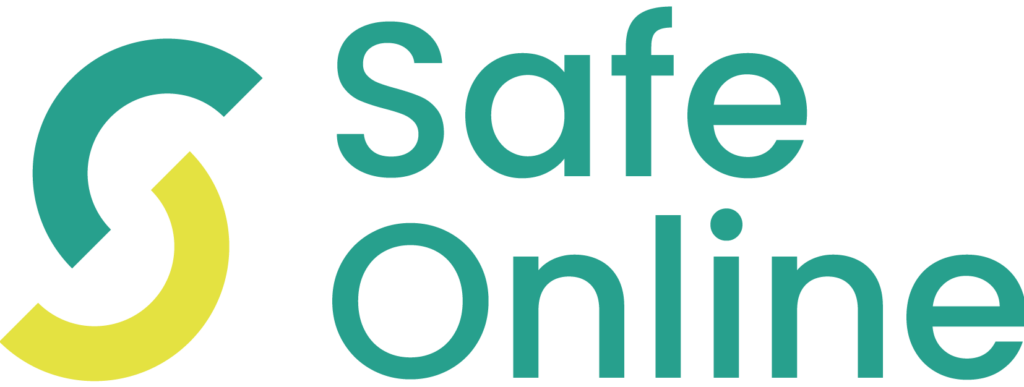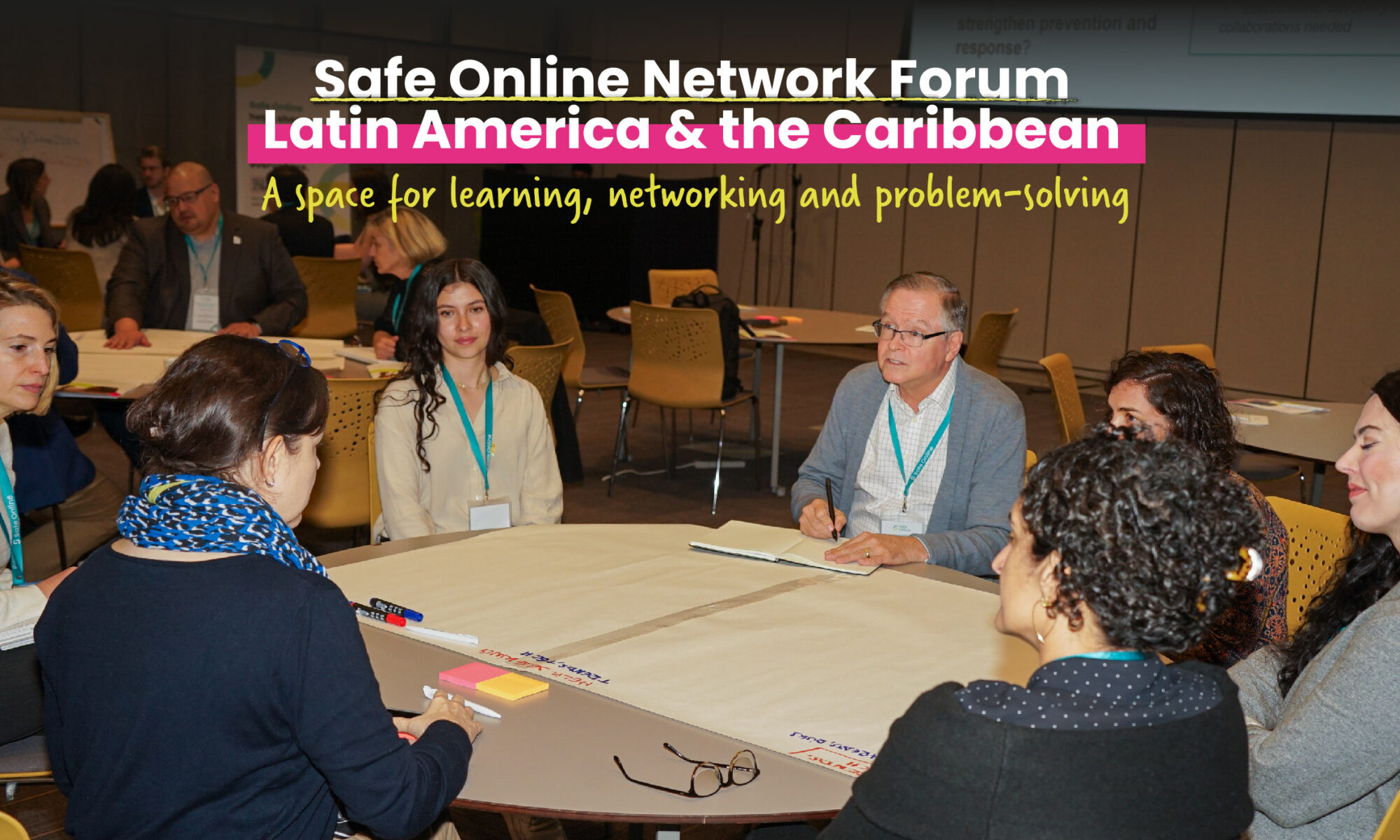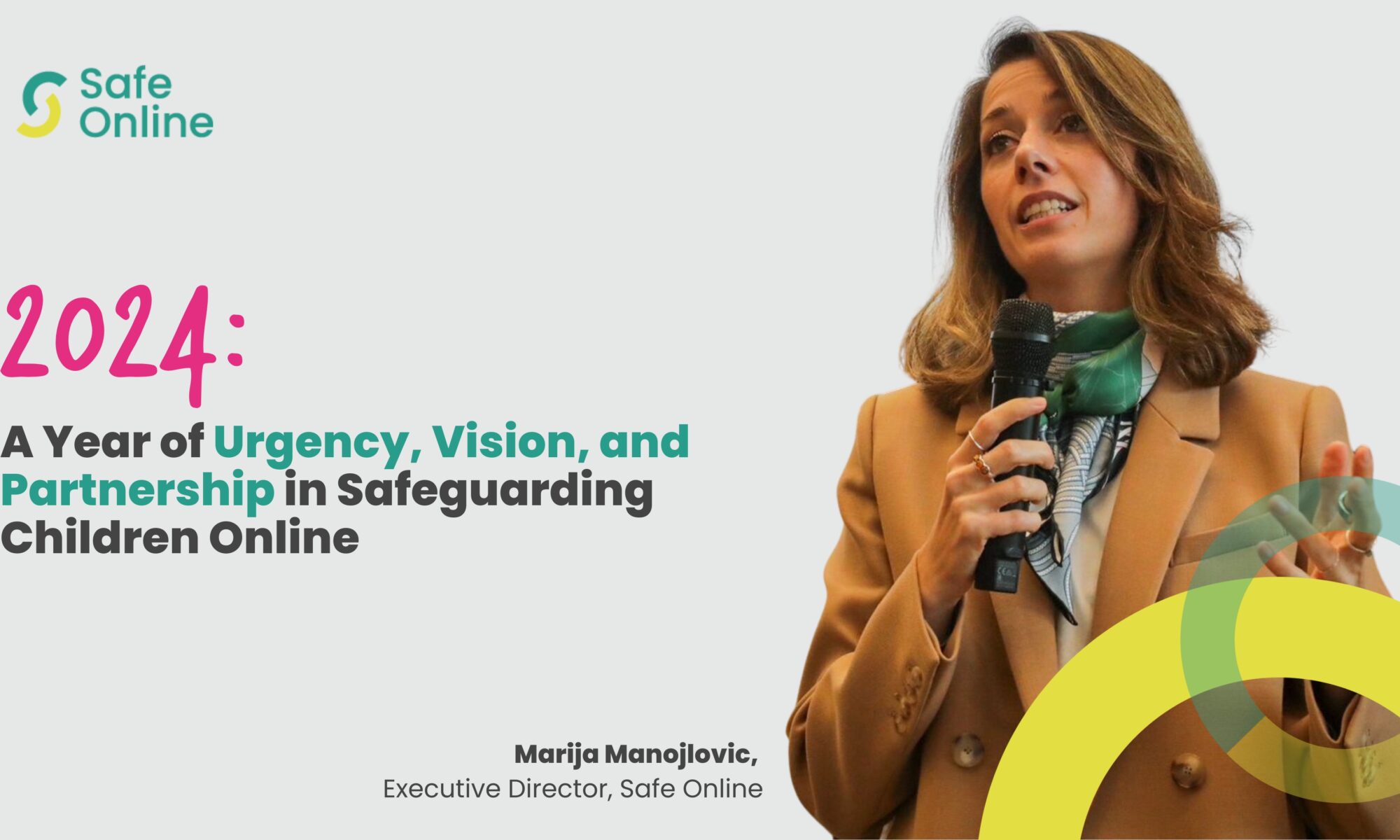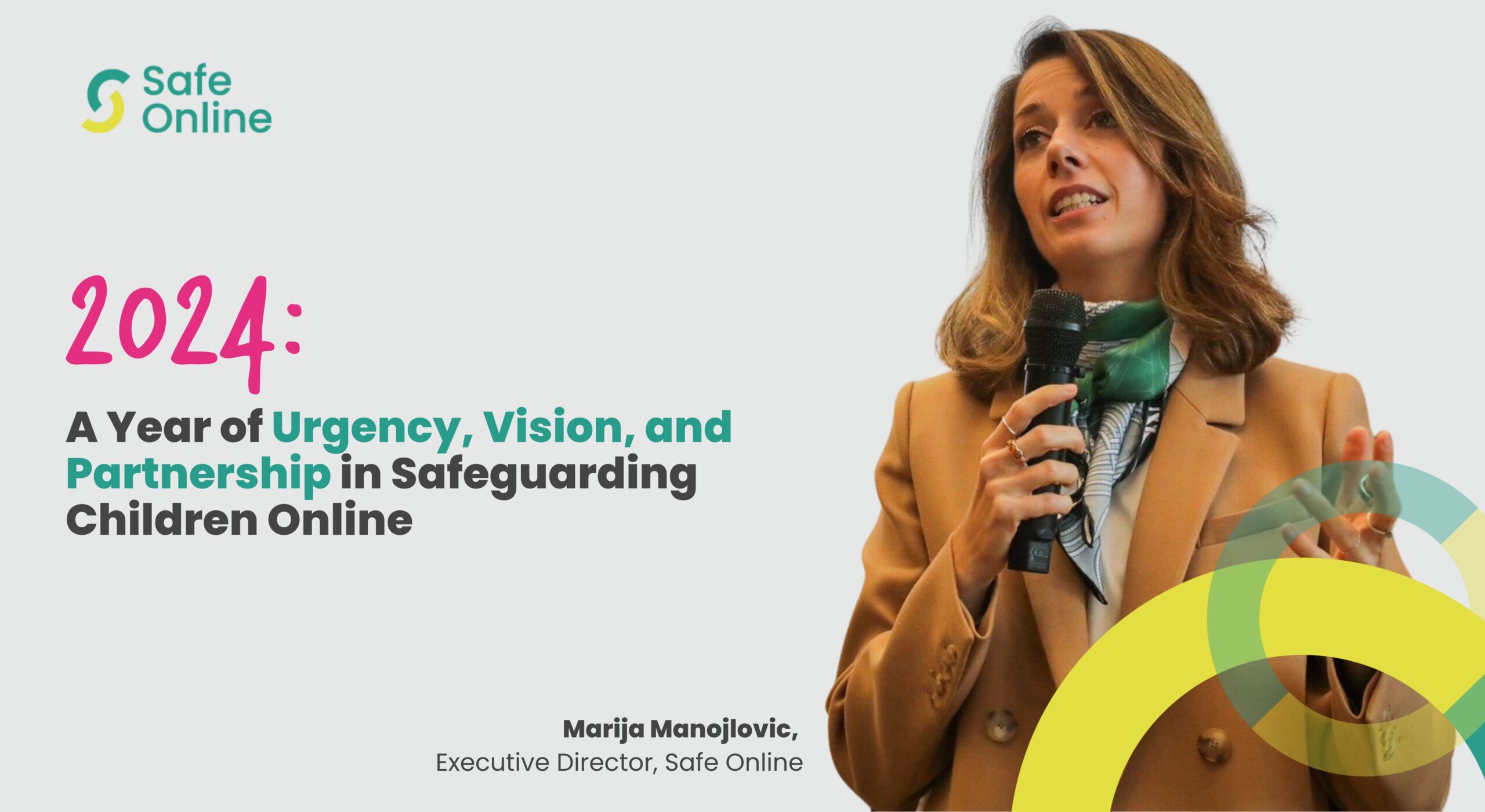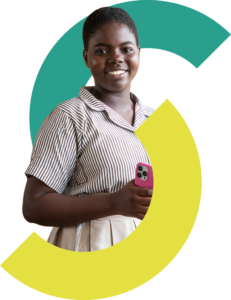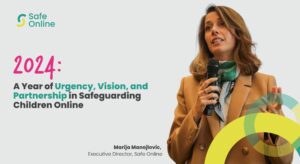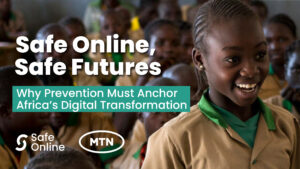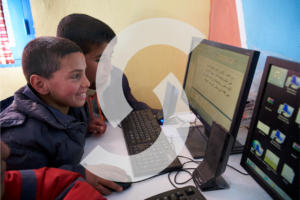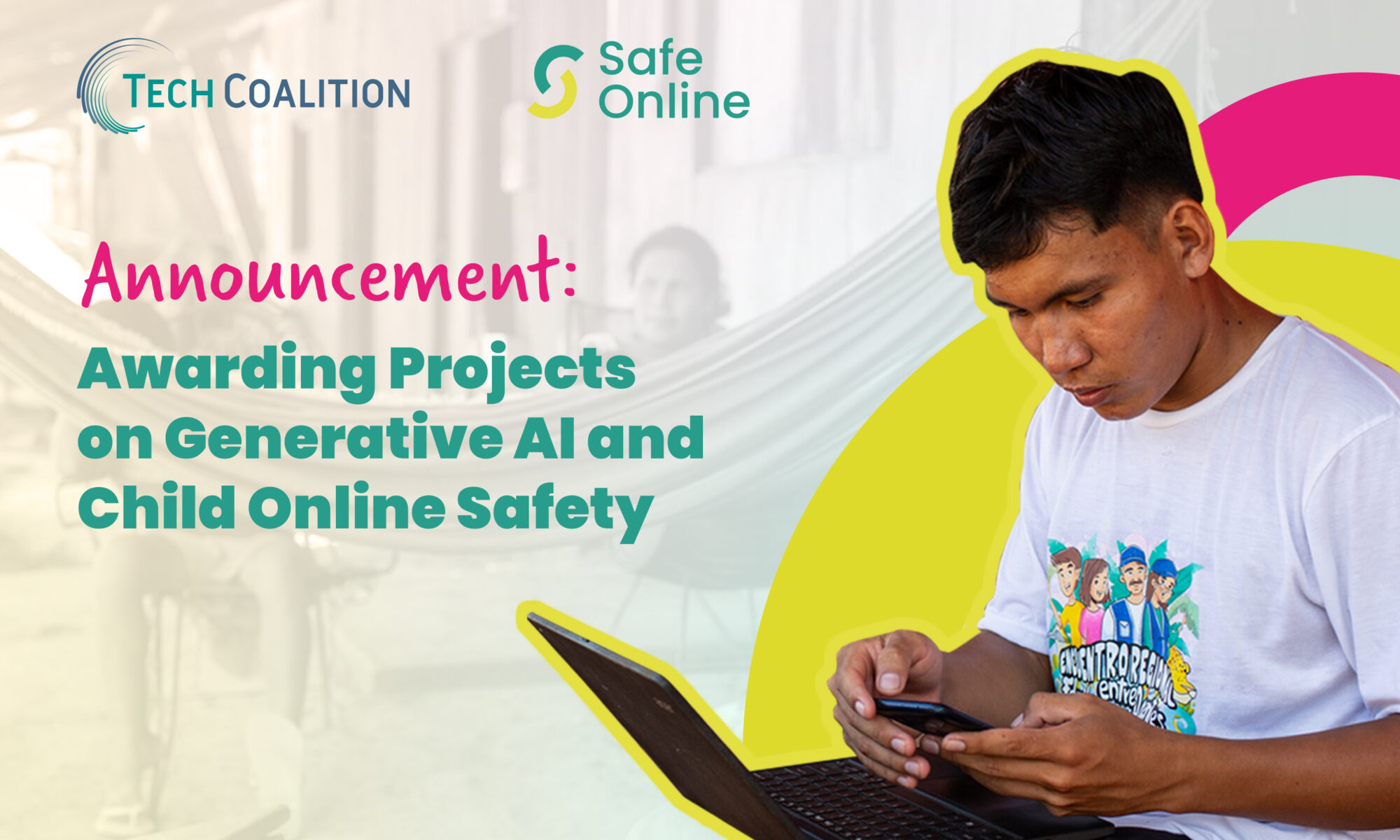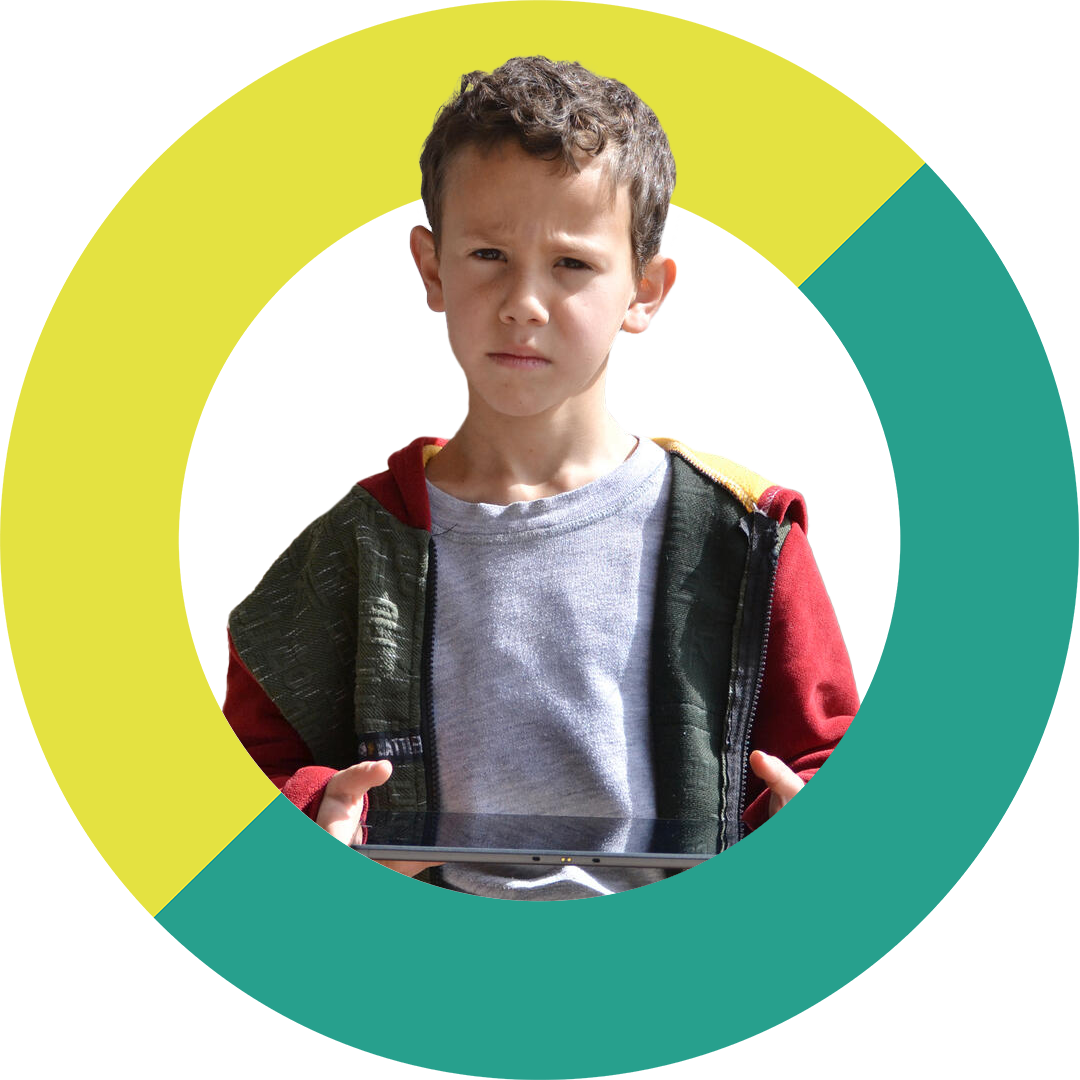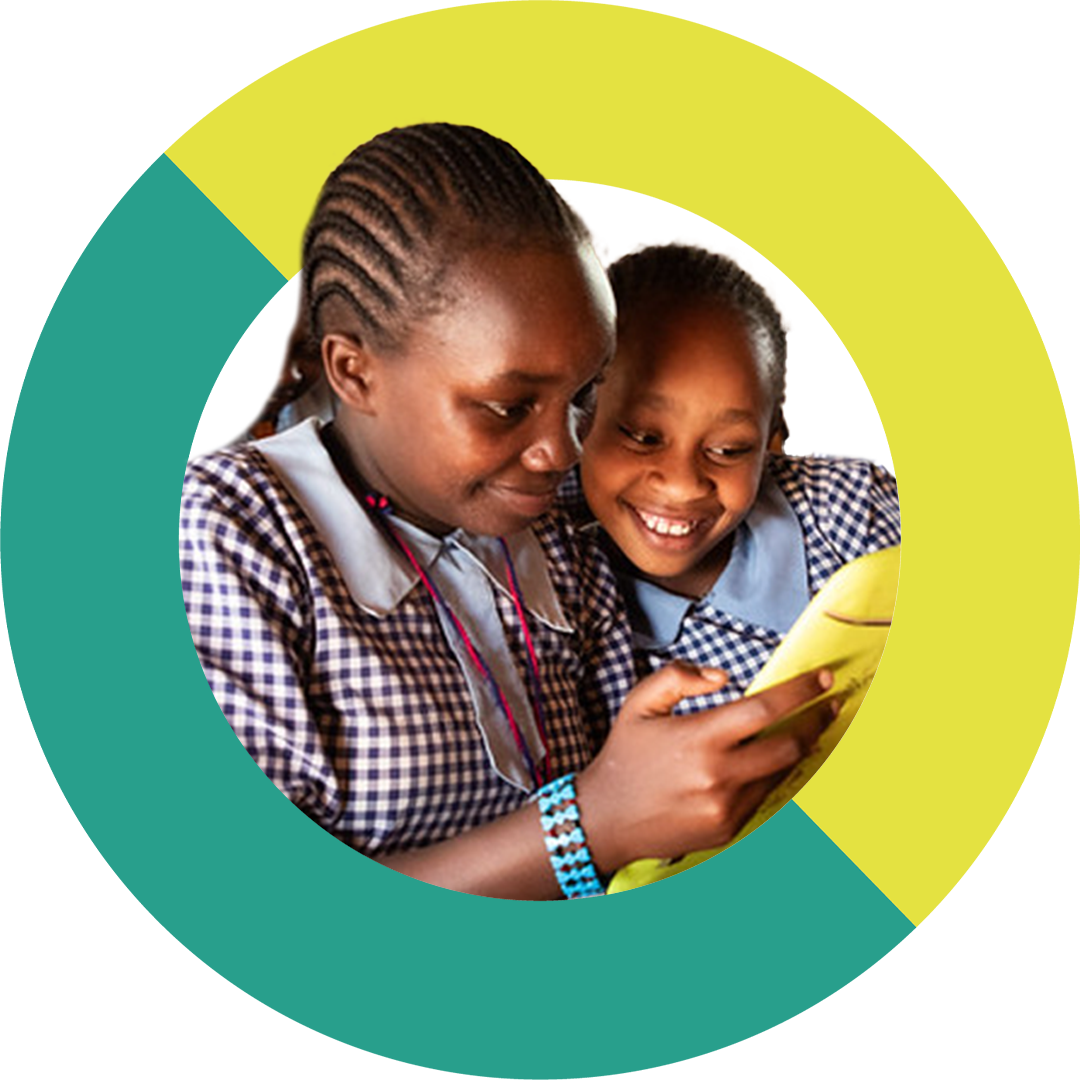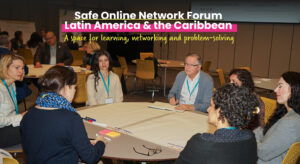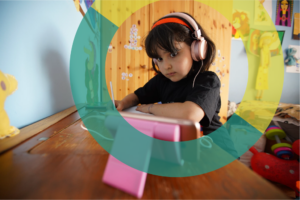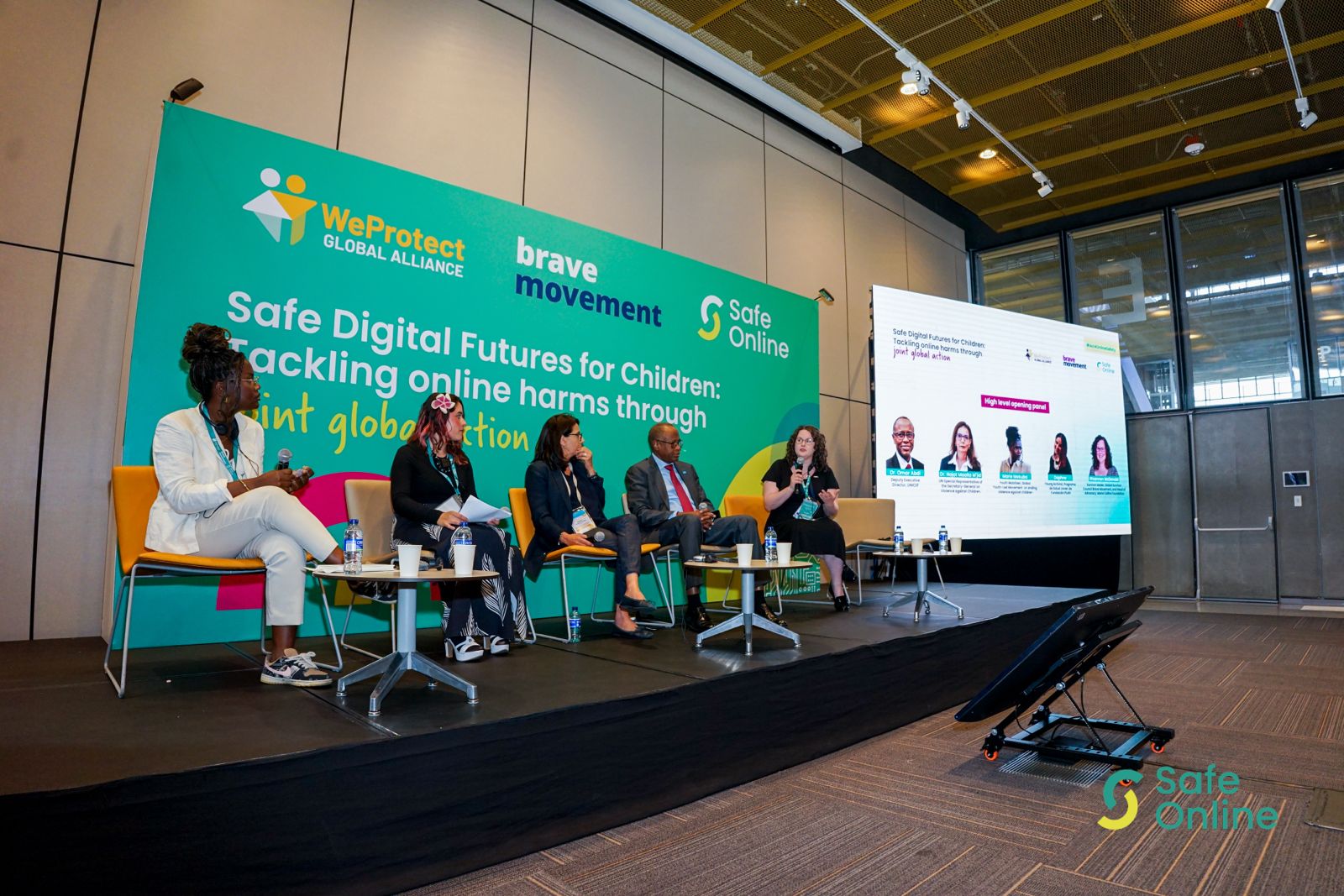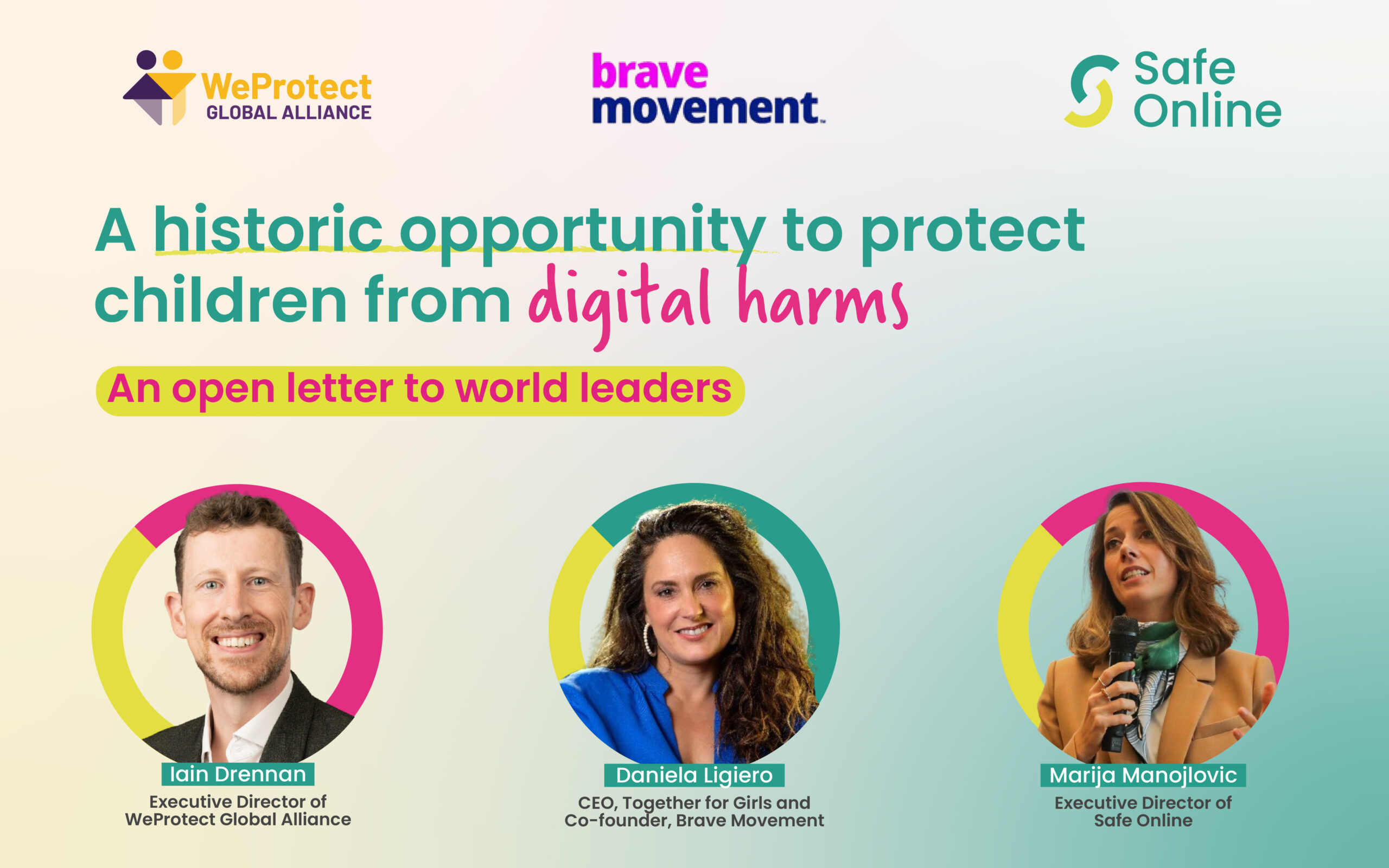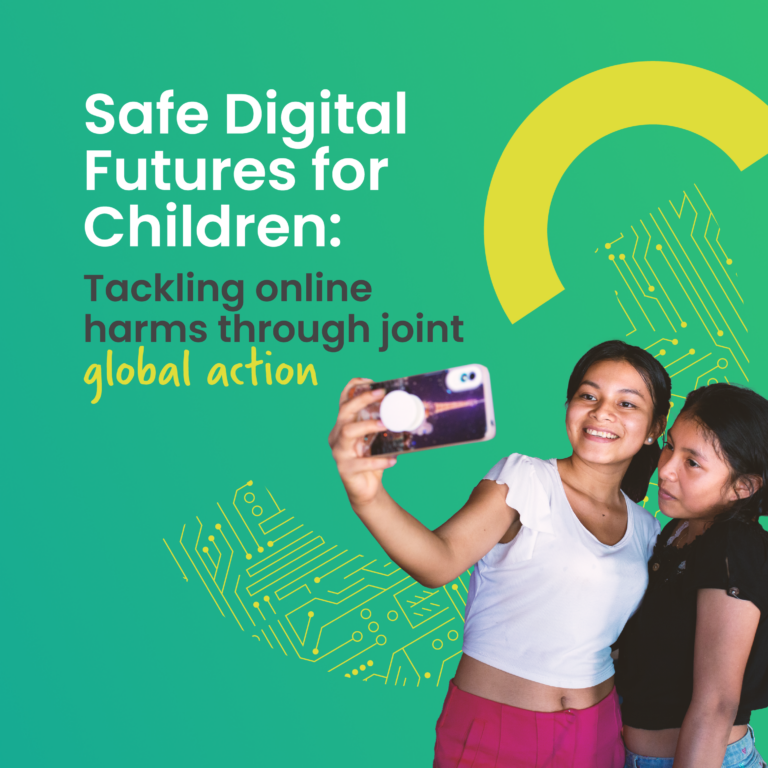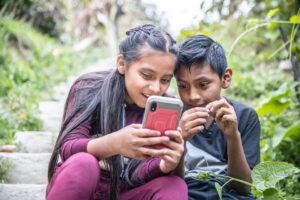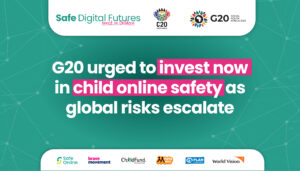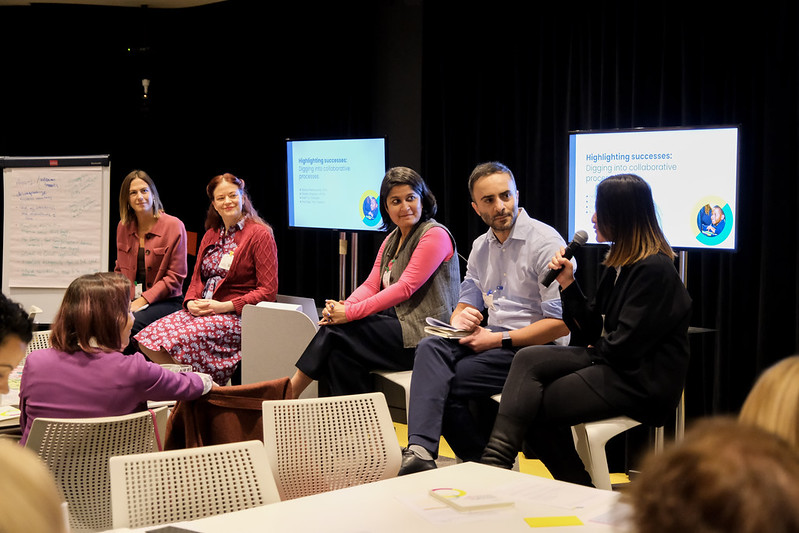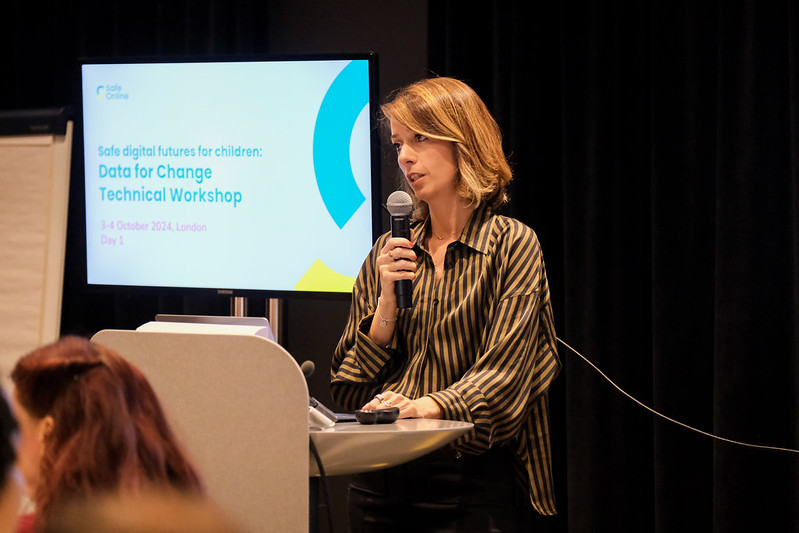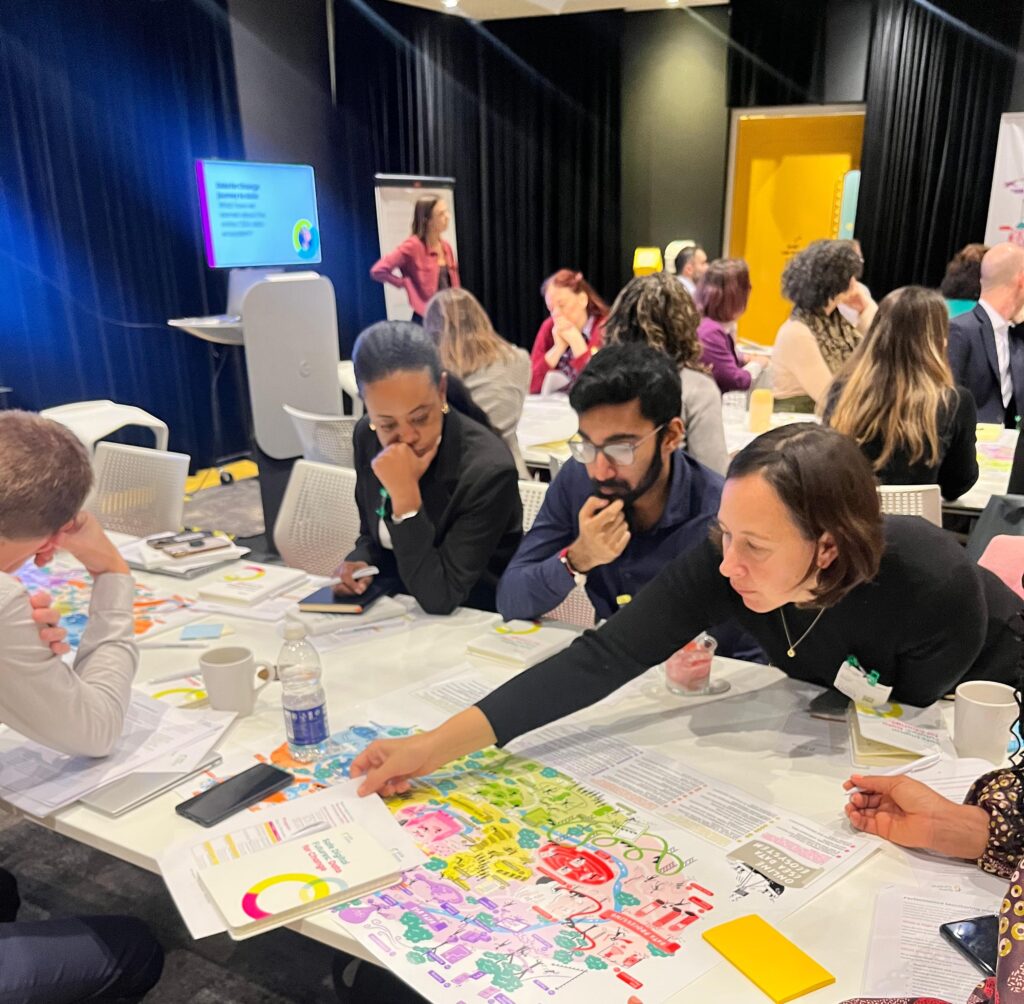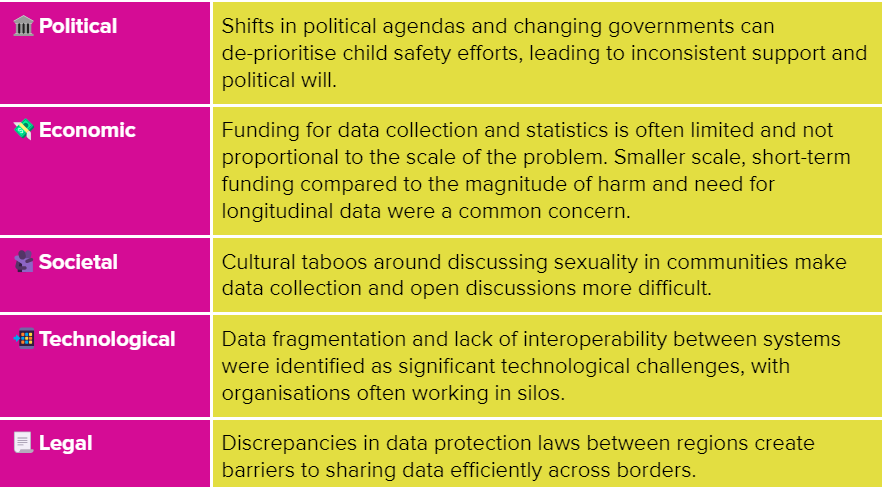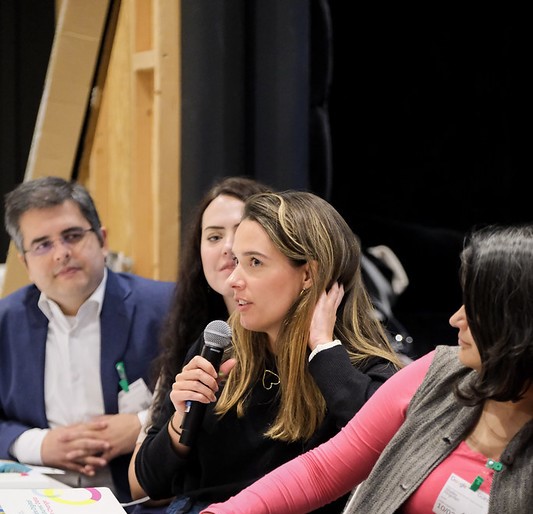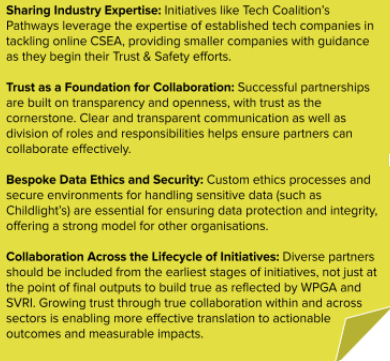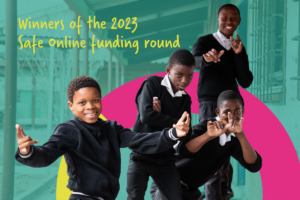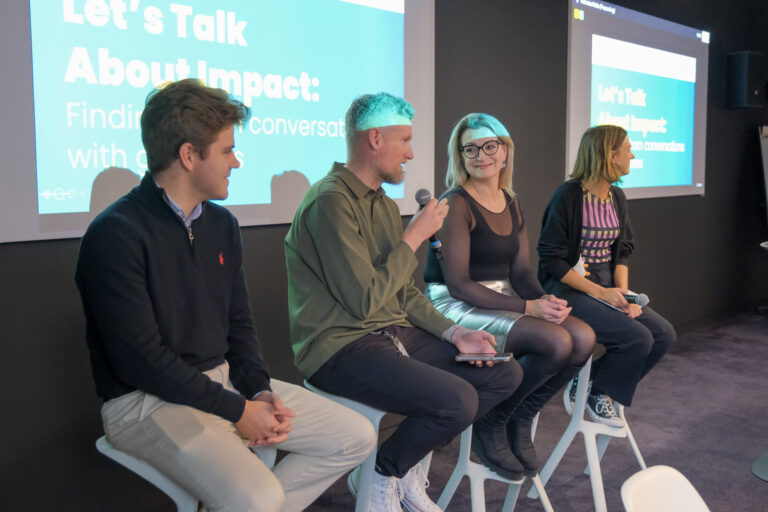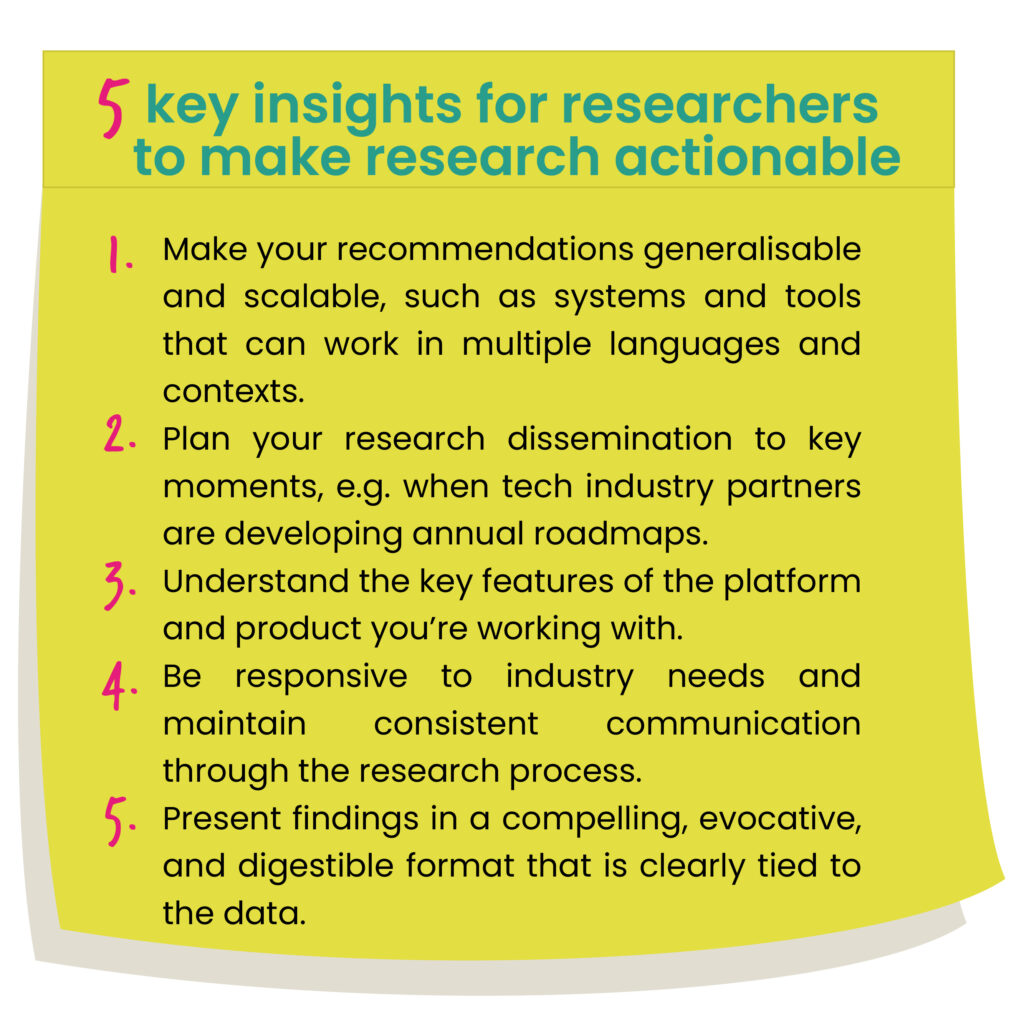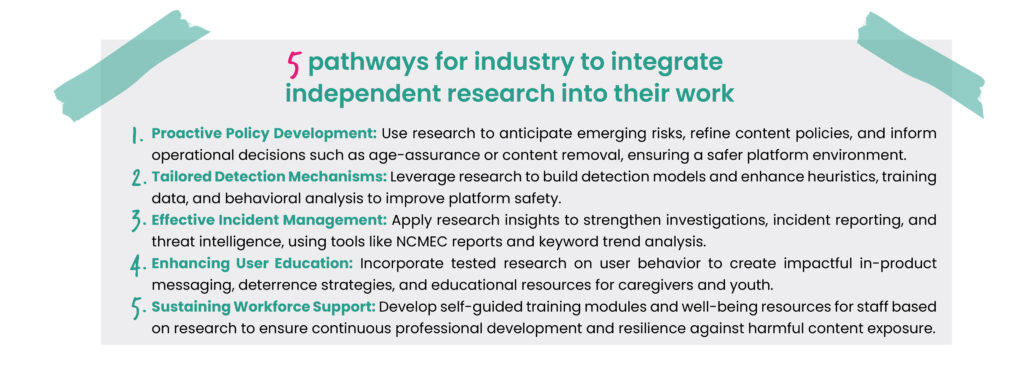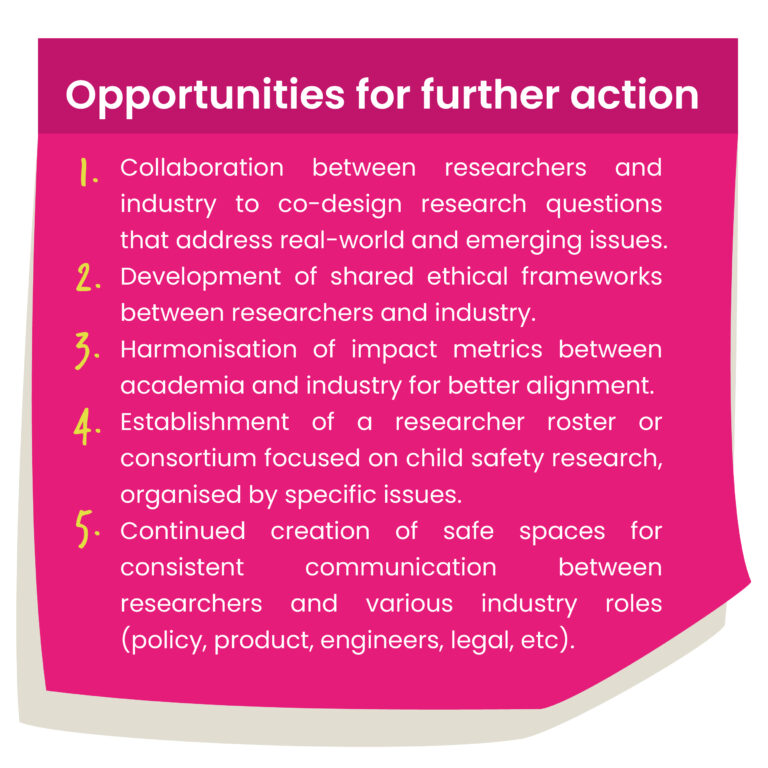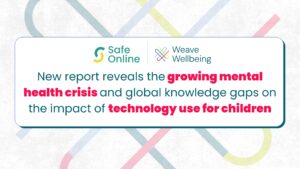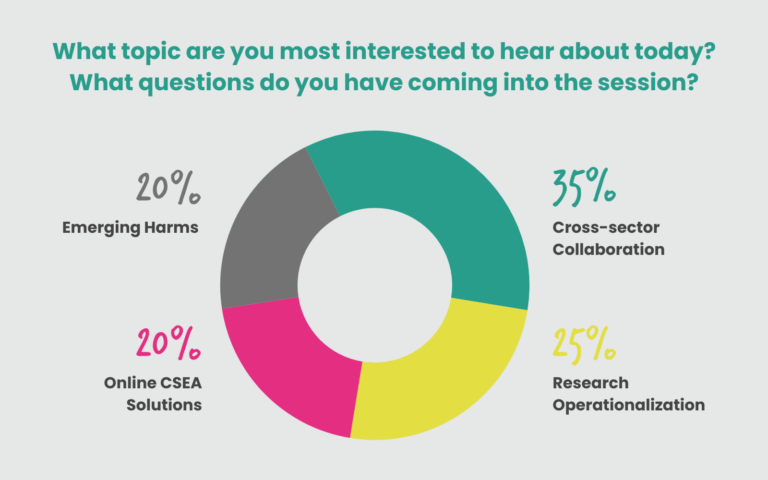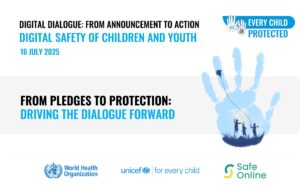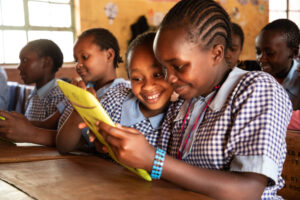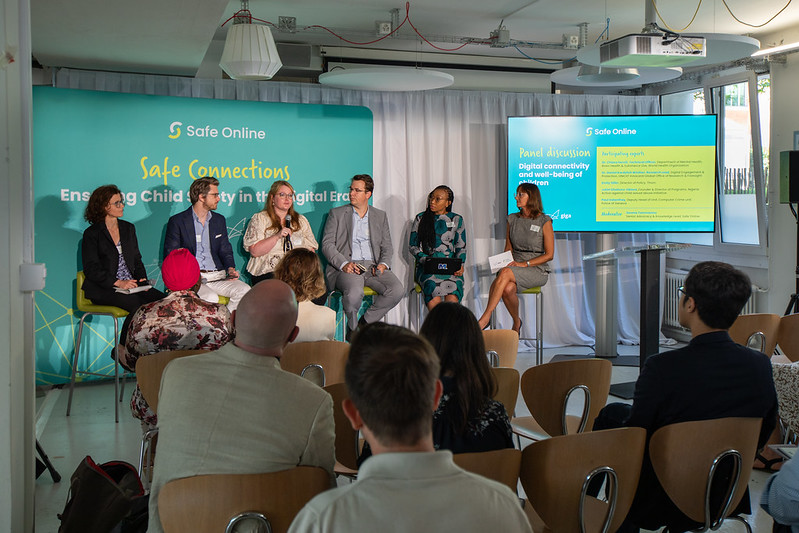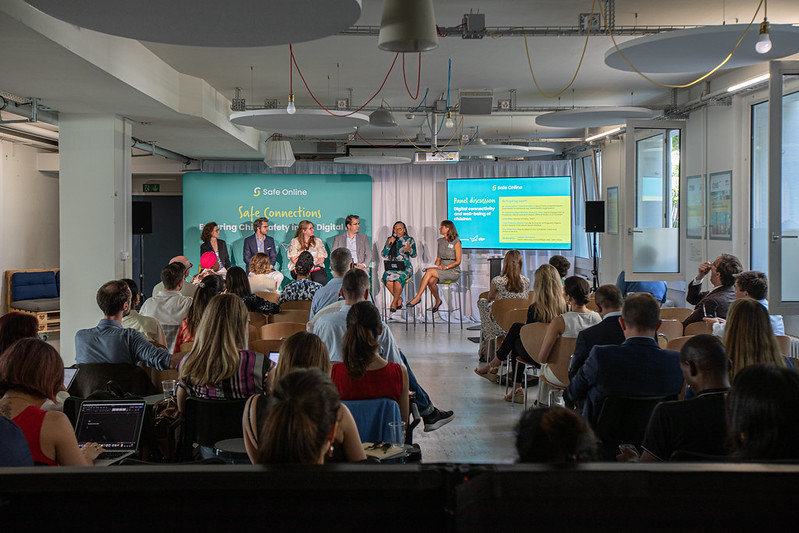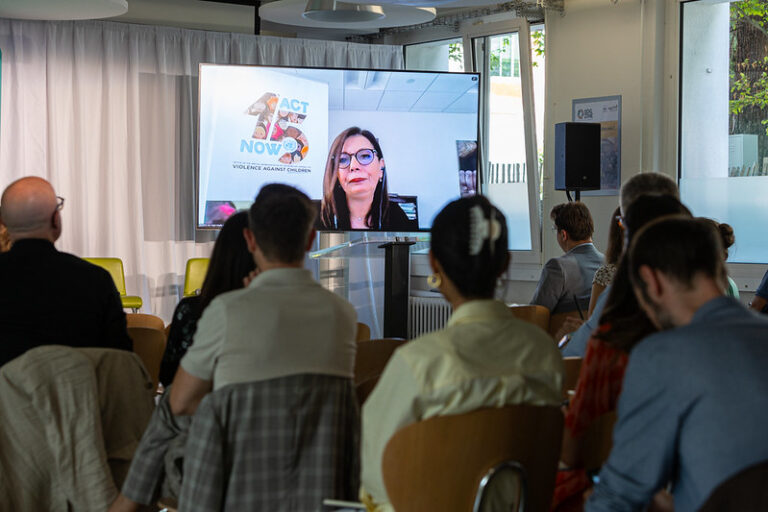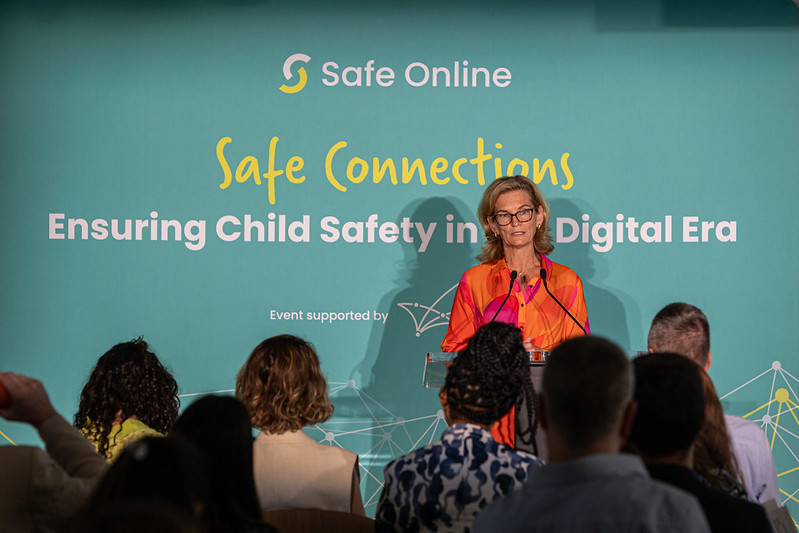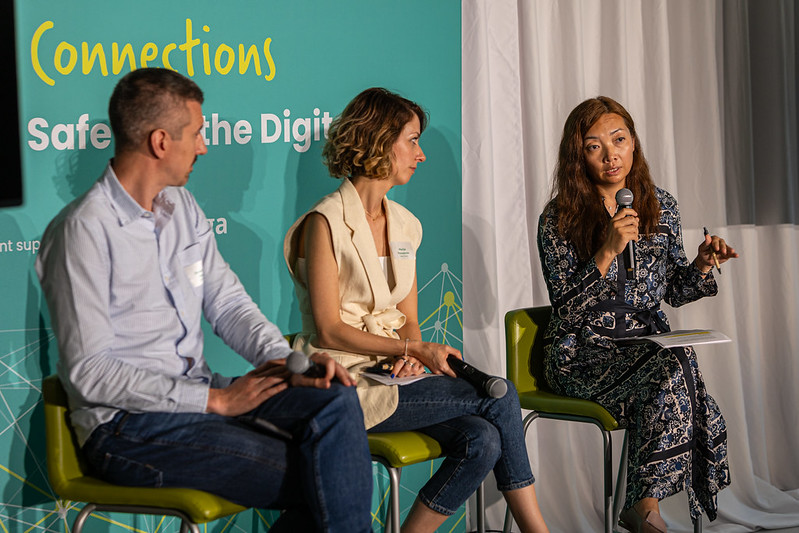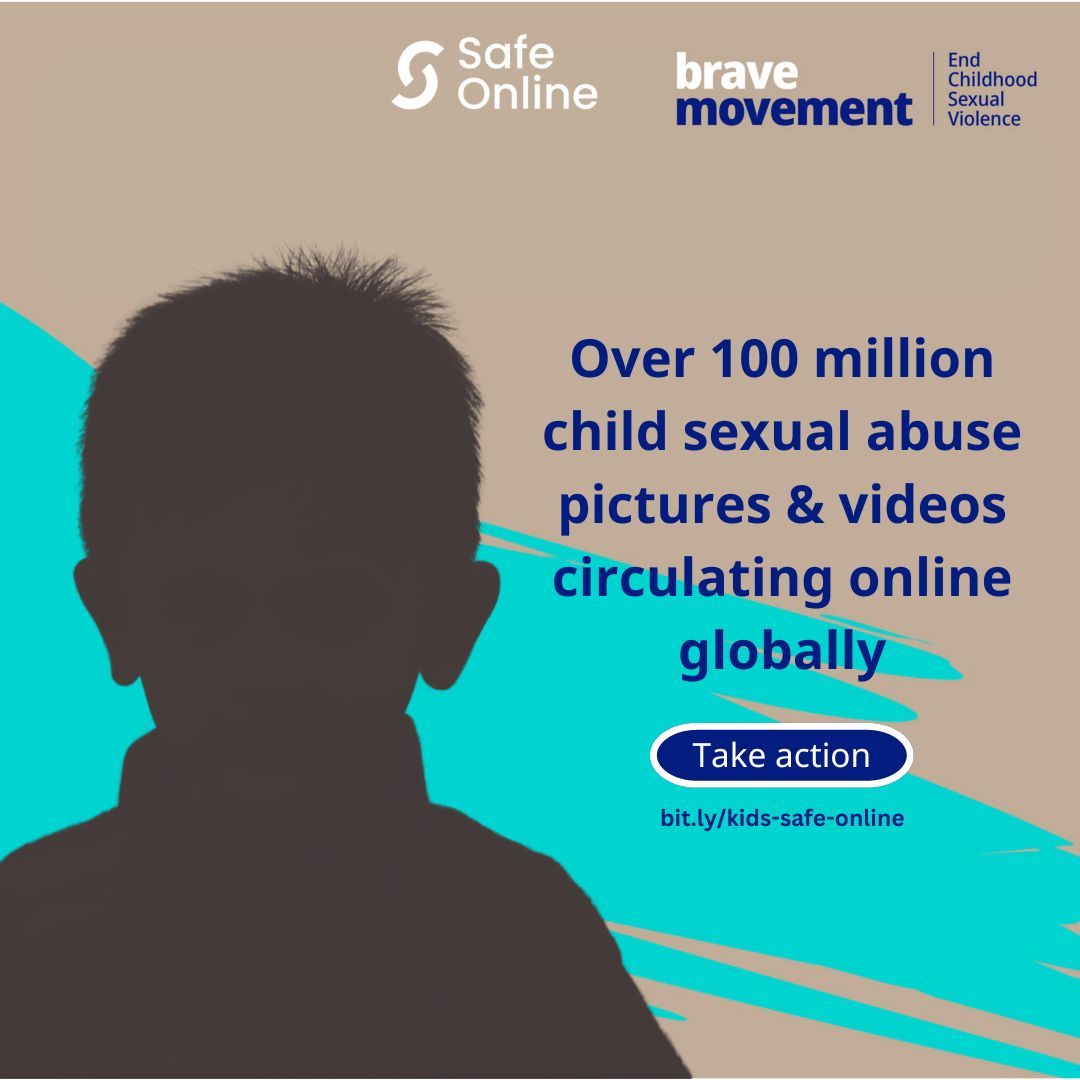
Tuesday 5 November 2024, Bogota, Colombia
Building bridges to tackle online Child Sexual Abuse and Exploitation
Safe Online grantees and implementing partners working across the Latin America and Caribbean region connected for reflection and learning on November 5, 2024, as part of the Safe Online Regional Network Forum. The Forum brought together 20 experts representing 20 grantees and partners working in the region and beyond with a particular focus in nine countries (Brazil, Chile, Colombia, Costa Rica, Dominican Republic, Ecuador, Jamaica, Mexico and Peru) representing seven NGOs, six International NGOs, two UNICEF Country Offices, two academia, one private company as well as four global and regional organizations. The Forum helped to facilitate knowledge exchange, promote networks and foster partnerships. It provided a platform for sharing experiences and lessons learned in combatting online child sexual exploitation and abuse (CSEA) both within the region and globally and in the context of other forms of violence against children.
Safe Online’s Investments in Latin America and Caribbean region:
Safe Online has invested
Most funds, $45 million, are allocated to support systems strengthening. In addition to this, nearly $22 million goes into evidence generation, with another roughly $21 million into tech solutions. There has already been more than 15 million in grants made to projects in the LAC region across the three pillars.
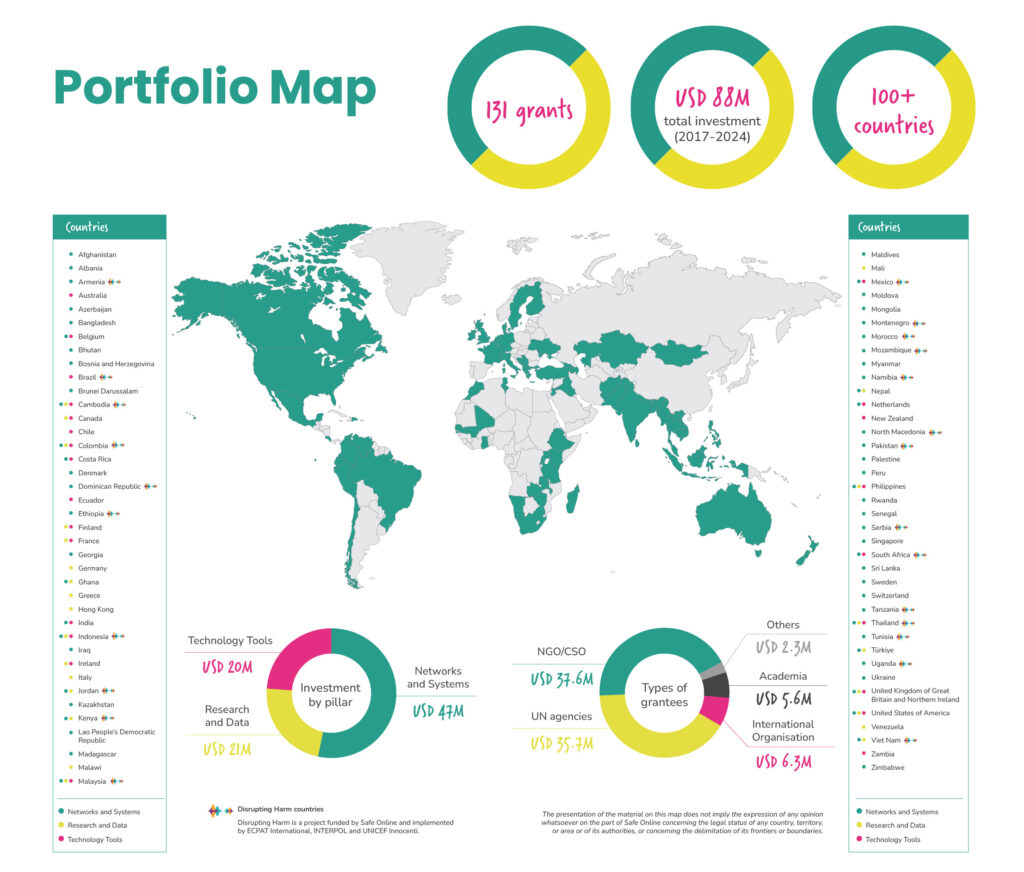
Trends and threats: the evolving nature of online CSEA
The digital world is rapidly transforming, bringing both new threats and opportunities in the fight against online CSEA. Discussions focused on how financial incentives, offenders’ profiles, and peer-to-peer abuse are shaping the landscape. Generative AI (GenAI) emerged as a significant topic, described as a double-edged sword. While offenders exploit its capabilities, GenAI also holds potential for preventive strategies, such as targeted interventions for offenders. Concerns were raised about gaming platforms becoming hotspots for exploitation, where predators act as peers to connect with children. The overlap between online and other forms of harm is becoming increasingly apparent, with virtual interactions often escalating into real-world exploitation. It was noted that much of the focus remains U.S.-centric, leaving significant gaps in addressing regional needs and global variations in threats and vulnerabilities. Furthermore, children worldwide often lack the digital literacy to identify risks, and parents and caregivers frequently lack the awareness and tools to guide safe internet use.
The power of data and technology
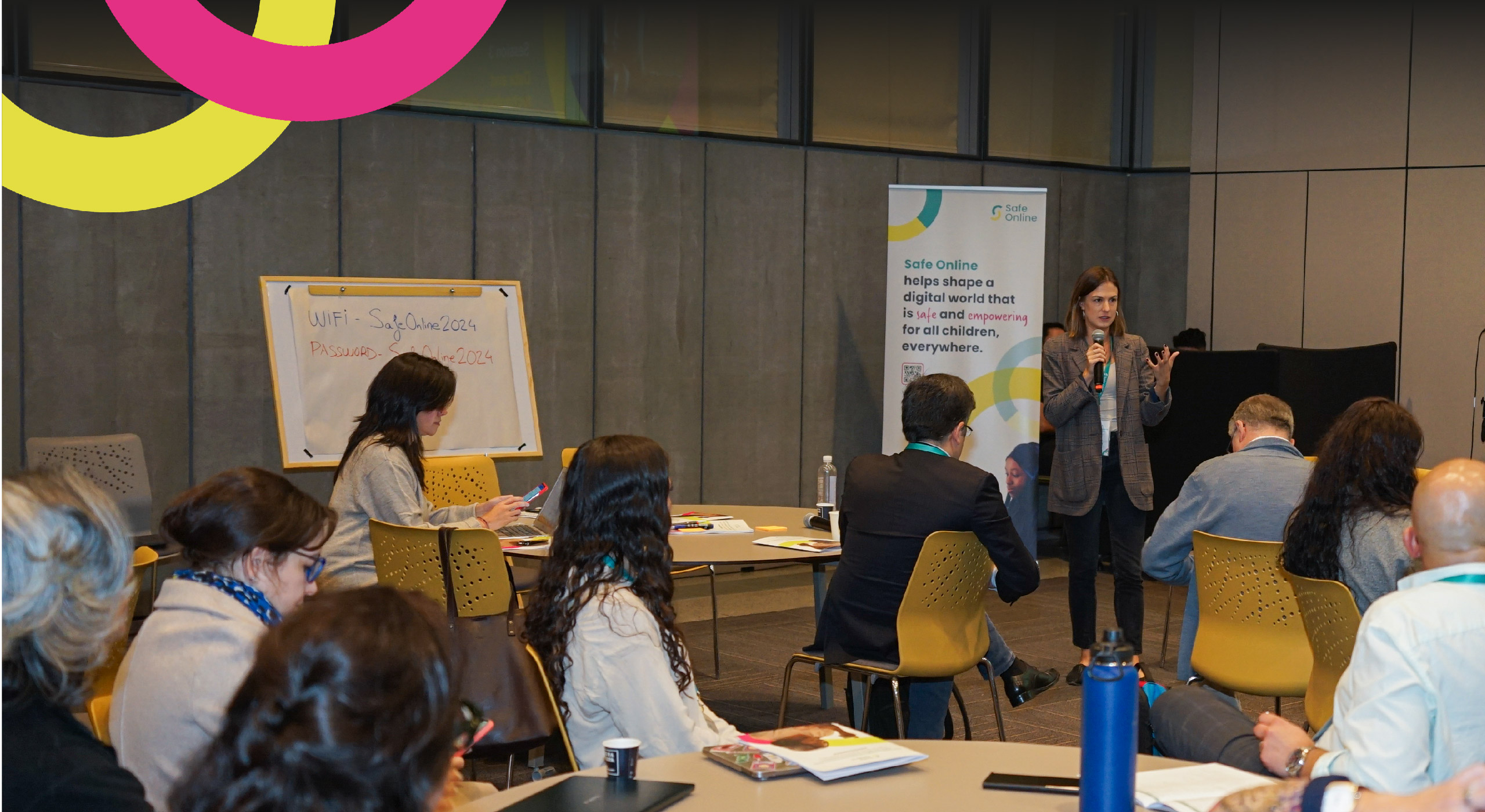
The session highlighted how data plays a crucial role in tackling online CSEA. Victim-centric methodologies and innovative practices are shaping how data is collected and utilized, but significant challenges remain. The predominance of English-centric approaches limits access and insights in regions like LATAM, where other languages are prevalent. Overcoming these barriers is essential to unlocking the full potential of data ecosystems, ensuring equitable access to resources and valuable insights worldwide.
Shaping narratives for advocacy and action
The narratives surrounding online CSEA significantly influence perceptions, advocacy, programming, and financing priorities, and therefore require greater attention and alignment with robust data-driven insights and evidence. The diversity of approaches among grantees – ranging from advocacy to direct action, activism and awareness-raising – brings valuable richness to the field. Even greater potential lies in fostering collaboration among grantees and key actors to achieve shared advocacy goals. Crucially, effective advocacy relies on data and knowledge generated by multiple actors underscoring the importance of interconnected efforts in driving impactful change.
Unlocking evidence generation for progress
Experts highlighted the importance of data for resource mobilization but also to demonstrate what works to tackle online CSEA across levels. Grantees highlighted ways in which they work with data in their respective organisations – from case management, survivors’ data to understanding broader trends. The lack of legal guidelines and limited data sharing by industry were identified as significant challenges. Participants called for a supra-entity to set standards and aggregate data, paving the way for more strategic use of evidence in tackling online CSEA. Participants flagged the need for overcoming challenges in evidence generation, in order to use evidence strategically to refine programmatic approaches and advocate for policy changes and financial commitments.
The Latin America context: specific challenges related to online CSEA
Digital platforms are enabling rapid and powerful connections between societies with vastly different approaches to child protection and violence prevention, leaving indigenous and native communities especially vulnerable. Parents and caregivers in the region are often unaware of the specific risks posed by digital platforms, further exacerbating vulnerabilities. Digital threats in the region mirror global trends, with in-person connections frequently originating from online interactions. However, regional safety standards often fall short of global benchmarks. For instance, some countries in the region have classifications of online CSEA that fail to live up to international child protection standards, while others face inconsistent application of safety measures compared to other regions with stricter frameworks. The rise of GenAI in the region is providing new avenues for offending, as the lack of robust enforcement mechanisms undermines deterrence. A universal challenge in addressing online CSEA is the stigma associated with reporting and seeking help. While this issue spans cultures and regions, it requires tailored solutions sensitive to local contexts. However, the region also presents opportunities for innovative, localized solutions such as cross-boarders coordination, behavior change programs and peer education initiatives.
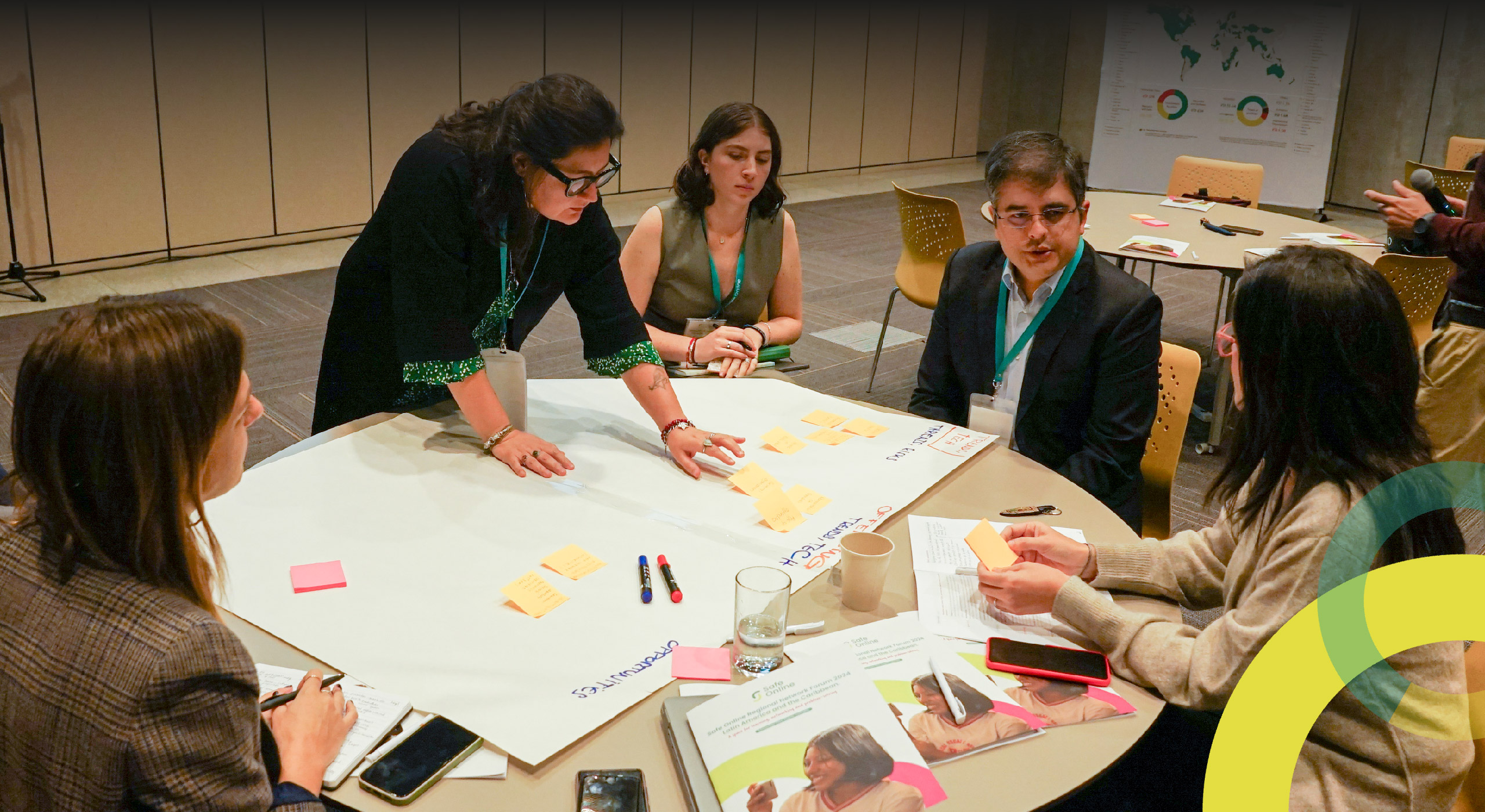
The region diverse stakeholders – including governments, service providers, tech companies, parents, and children – can work together to create comprehensive prevention and response systems. Building capacities across these groups can help address gaps in digital literacy, improve awareness of risks, and encourage the adoption of robust safety measures. Peer education programs, which leverage the trust children place in their peers, show promise. However, these initiatives must rely on evidence and ensure accuracy and reliability to mitigate unintended risks. Engaging the tech industry to develop tools and frameworks that address local vulnerabilities while aligning with global safety standards is another critical step forward in creating safer digital environments for children in the Latin America and the Caribbean region.
Participants also discussed help-seeking requirements particularly focusing on staff wellbeing support for personnel working on online CSEA, with different exposure levels requiring tailored approaches. Barriers include limited resources for advanced tech tools like ReflexAI, perceptions of unequal support within organizations, and variability in cultural norms and organizational attitudes toward help-seeking. Opportunities lie in compartmentalization strategies (for example, Artemis of Los Andes and Aulas la Paz whereby engineers have little to no exposure to online CSEA); minimizing staff exposure to harmful content (e.g., blurred images for CSAM analysis), and leveraging AI tools to streamline workloads, improve training, and detect when staff may need support. Examples like the Trevor Project’s AI training tool and Tech Matters’ caller profiles demonstrate how innovation can enhance staff wellbeing while increasing efficiency. There is also a growing normalization of duty of care practices, signaling progress toward more supportive organizational cultures.
Networks and collaborations
The Forum brought together practitioners and experts, fostering a spirit of community and shared purpose. Participants learned about each other’s work, identified synergies, and explored how they can jointly address online CSEA. This session highlighted the importance of aligning efforts and learning from each other, with participants leaving with new connections, ideas for cross-country collaborations, and a shared commitment to deepen joint engagement. It was a step towards strengthening the Safe Online community committed to tackle this pressing challenge.
See more stories from our family of grantees
Recap blog- 2024 Tech Coalition Safe Online Research Fund Convening
The Tech Coalition and Safe Online were proud to host the 2024 Tech Coalition Safe Online Research Fund Convening in London on October 1. Over 50 attendees were present, representing all 13 grant projects from the Tech Coalition Safe Online Research Fund as well as more than a dozen leading tech companies. The Convening successfully combined research insights with industry expertise to drive outcomes that will protect children from online sexual exploitation and abuse.
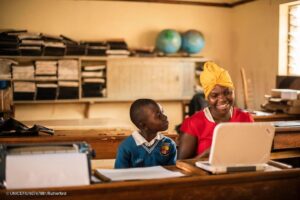
Safe online invests $4 million to generate evidence on tackling online child sexual exploitation and abuse
Safe Online’s latest funding round is investing $4 million for generating crucial data and evidence to tackle online child sexual exploitation and abuse (CSEA). This initial investment will be followed by an additional $1.5 million for evaluations of the projects in the next quarter.

Call to Action: A digital world safe for every child
Safe Online joins survivors, allies and global child protection organisations to call upon all States, the tech industry and other relevant stakeholders to prevent and end the sexual exploitation and abuse of children online and create a safer digital future for every child.
